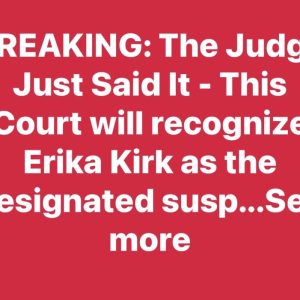A quiet intervention by the Supreme Court has sparked renewed scrutiny over government secrecy and executive overreach. At the center of the debate is the Department of Government Efficiency (DOGE), a controversial entity created via Executive Order 14158 by President Trump in January 2025. Tasked with modernizing federal operations and led briefly by Elon Musk, DOGE’s vague classification has raised red flags among watchdog groups. Citizens for Responsibility and Ethics in Washington (CREW) filed a FOIA lawsuit seeking transparency, arguing DOGE operates as a de facto agency with broad influence over procurement, staffing, and policy—despite lacking traditional oversight.
When a district court ordered DOGE to submit to discovery, the DOJ objected, citing executive confidentiality. The Supreme Court, via Chief Justice John Roberts, issued an administrative stay on May 24, halting the order without explanation. This move has intensified fears that powerful, quasi-governmental bodies like DOGE could function without public accountability. Legal experts are closely watching whether the Court will hear the case and address key constitutional questions: whether DOGE qualifies as a federal agency under FOIA, and whether discovery is permissible before that status is decided. With Elon Musk’s departure and the Court’s silence, critics argue the pause undermines FOIA’s purpose and sets a troubling precedent. As the battle unfolds, it may ultimately determine how far executive privilege can stretch—and whether transparency can keep pace with a changing government structure.





